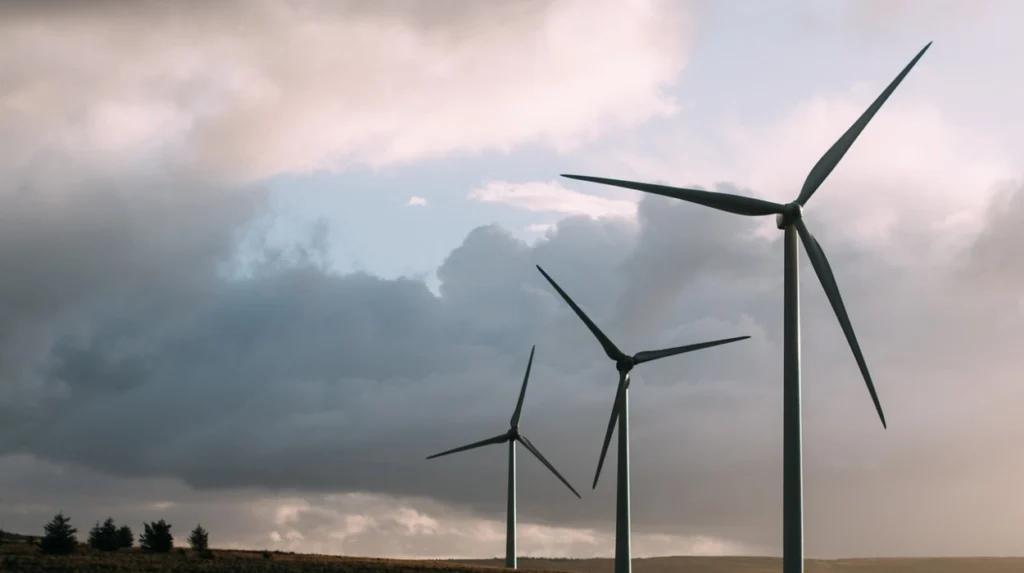In a remarkable turn of events, SolarPower Europe, the leading trade body representing the European solar industry, reversed its earlier exclusion of Chinese tech giant Huawei from its membership. The reversal came after a months-long saga marked by an anti-corruption investigation and mounting legal and political pressure. This decision has ignited debate about the influence of big tech in Europe’s clean energy sector and the integrity of regulatory processes designed to safeguard public interest.
The saga began in May 2025, when SolarPower Europe expelled Huawei following an anti-corruption inquiry launched by the European Commission. Huawei faced accusations tied to bribery and undue lobbying influence within EU institutions, which cast a shadow over its business dealings in Europe. The ban was seen as a strong stance by the European solar community to distance itself from companies under ethical scrutiny.
However, by October 2025, SolarPower Europe quietly suspended its exclusion proceedings against Huawei and reinstated the company as a member with certain restrictions. Huawei agreed not to participate in some internal working groups, which helped facilitate the reversal. According to industry insiders, this about-face was largely driven by legal threats from Huawei and pressure from key stakeholders, which threatened to complicate the trade body’s access to critical EU institutions and regulatory influence. This move has raised eyebrows about whether European clean energy trade groups are sufficiently independent or if they yield to corporate pressure behind closed doors.
The Background of the Huawei Ban and EU Investigation
Huawei’s exclusion was primarily triggered by a high-profile corruption probe centered in Brussels and Belgium. The company has been accused of attempting to unduly influence political decision-making processes within the European Parliament, including allegations of bribery targeting officials connected to the EU’s clean energy policy apparatus.
The anti-corruption investigation had far-reaching consequences. Belgian prosecutors arrested several individuals linked to the scheme, and European regulators ramped up scrutiny on Huawei’s lobbying activities. The probe also prompted the European Commission to restrict its dealings with Huawei and its affiliated organizations selectively, further isolating the company from official EU dialogue.
Huawei is a top global manufacturer of solar inverters—key devices that convert solar energy into usable electricity and often include internet connectivity for system management. Security concerns over Huawei’s technology persist. Critics argue that these devices could be vulnerable to remote hacking or control, posing risks to critical energy infrastructure. This technical reality has fueled calls across the EU to restrict high-risk suppliers, especially firms with strong Chinese government ties like Huawei.
Reflecting on the initial ban, a SolarPower Europe spokesperson remarked,
“SolarPower Europe’s decision is linked to the Commission’s decision to restrict meetings with associations that have Huawei as a member.”
This indicated a coordinated stance within the EU ecosystem to limit Huawei’s influence given the ongoing corruption allegations.
The Legal and Political Pressure Behind the Reversal
Despite these grounds for exclusion, SolarPower Europe reversed course in October 2025. Reports suggest the trade association faced intense legal pressure from Huawei, threatening potential lawsuits that could have financially and operationally handicapped the organization. Additionally, some influential industry players and political stakeholders pushed back against the ban, concerned about losing access to key technologies and market competitiveness.
The trade body’s spokesperson said,
“Huawei has undertaken not to actively participate in SolarPower Europe activities to ensure that SolarPower Europe maintains unrestricted access to EU institutions and other stakeholders and can conduct its activities without limitation.”
This compromise allowed the association to reinstate Huawei’s membership while limiting Huawei’s role in policy advocacy and internal committees.
This balancing act exposes a deeper power play within European clean energy trade groups, which act as intermediaries between industry players and regulators. When such groups backtrack on tough decisions under legal or political duress, it raises questions about the genuine autonomy and ethical standards driving Europe’s green energy governance.
Implications for EU Clean Energy and Security Regulations
Huawei’s return to the European solar association has not quelled alarm among policymakers and security experts. Lawmakers in the European Parliament are drafting stricter proposals to “restrict high-risk vendors” from critical solar energy systems to guard against cybersecurity threats and supply dependencies. There is broad consensus that while technological innovation is vital for hitting climate goals, safeguarding infrastructure from potential foreign interference is equally imperative.
SolarPower Europe insists it remains fully committed to ethical standards. The spokesperson declared,
“We strictly condemn any form of bribery or corruption as enshrined in SolarPower Europe’s Statutes.”
Huawei has also maintained a zero-tolerance policy on bribery, denying any wrongdoing.
Yet, the episode underscores how vulnerable EU clean energy governance structures might be to external corporate influences, especially those emanating from companies intertwined with geopolitical rivalries. Huawei’s ability to leverage legal avenues to overturn a ban signals that economic and political leverage may sometimes override normative considerations of trust and transparency.
This episode illustrates an ongoing debate about power dynamics in Europe’s green transition. The influence wielded by global tech giants like Huawei—with extensive lobbying budgets and legal muscle—complicates efforts to craft an energy policy that is both forward-looking and secure. The reversal by SolarPower Europe suggests that trade bodies may struggle to assert independence when caught between regulatory demands, market pressures, and legal challenges.
For European clean energy advocates and policymakers, the challenge will be to find a workable equilibrium. They must promote technology integration and innovation without compromising institutional integrity or security. As European lawmakers continue drafting legislation to tighten controls, the Huawei case serves as a cautionary tale about the complexity of balancing commercial interests and public accountability in the pursuit of a sustainable energy future.







